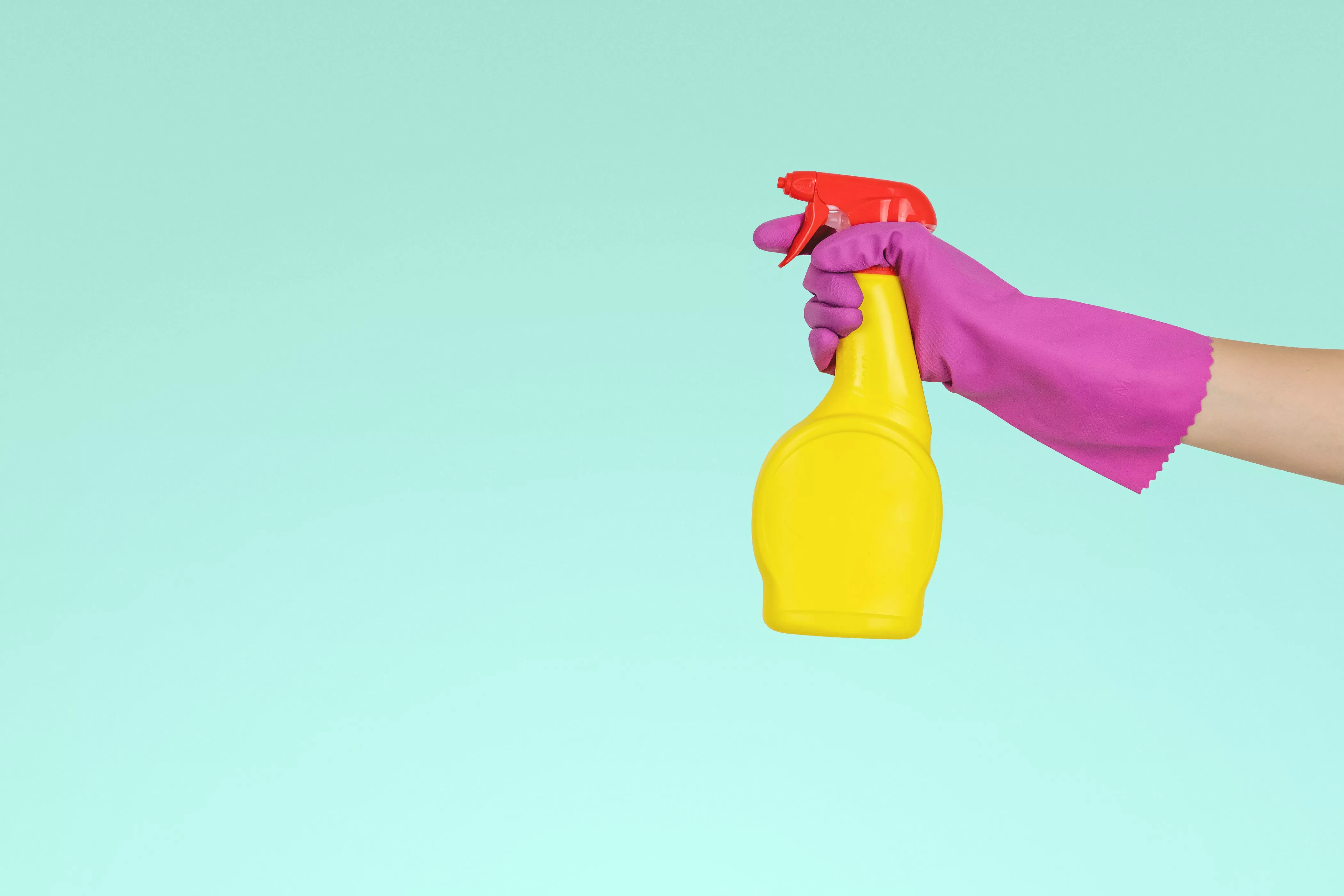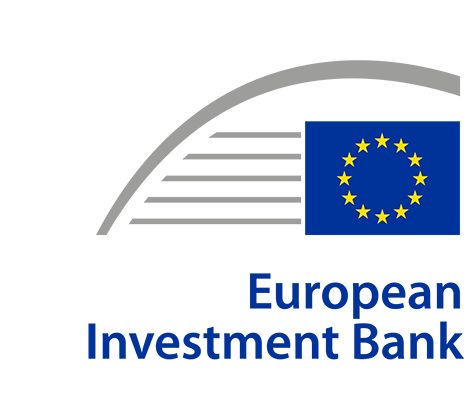Every migrant's journey is unique, and Viviana Santana's story is no exception. In 2020, Viviana, a 38-year-old lawyer, along with her family, settled in Spain and successfully launched a cleaning business.
Thanks to the ATHENA project, she received valuable business development support (BDS) that, together with a microloan, made her entrepreneurial dream come true.
Life has not always been easy for Viviana Santana who moved to Spain from Colombia together with her husband and three children in September 2020 amidst the COVID-19 pandemic. However, she has managed to turn her life around. Today, she is a busy entrepreneur who lives peacefully in Seville, Spain with positive and stable plans.
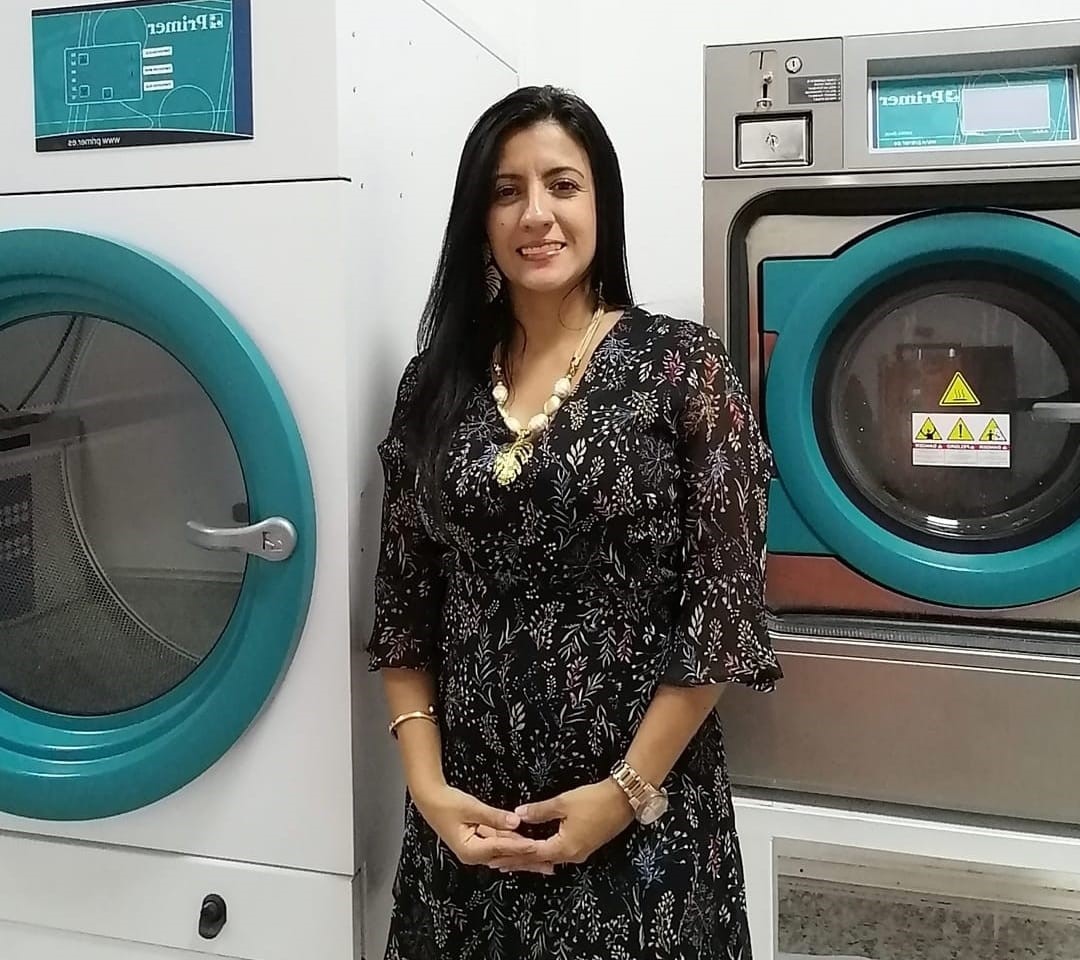
“We feel fortunate to say that the clients we started with are still with us in addition to accelerating our positive growth”, Viviana Santana, Founder of VIPSA Servicios Integrales.
"Despite being a professional migrant, I had to start from scratch to obtain a legal status and get my diplomas recognised in Spain. Faced with closing doors due to lack of recognition of my degrees and professional experience, I found myself in the shoes of a person with no formal qualification. That’s when I decided to launch my own business in the personal service sector."
she recalls.
Supported by her husband, she founded ‘VIPSA Servicios Integrales’ in March 2022. VIPSA stands for Viviana (‘VI’), Pablo (‘P’) and Santana (‘SA’).
The company specialises in customised cleaning services of tourist flats and homes, including laundry and rental of bed linen.
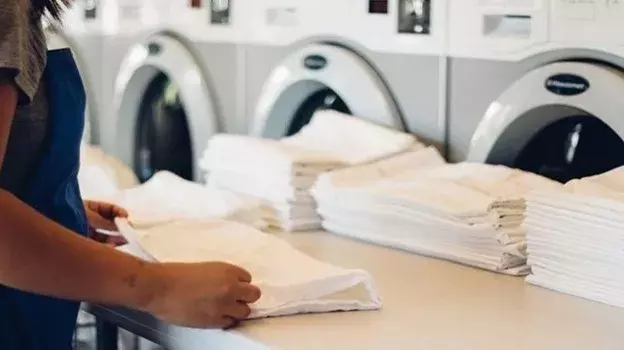
The ATHENA project – assisting female migrant entrepreneurs and creating links to microfinance
The recently concluded ATHENA project aimed to improve services, support and policies for migrant women entrepreneur in the EU and included a range of activities such as business development services (BDS) provided to this vulnerable group. The project successfully applied to the call for proposals in 2019 dedicated to transnational actions. It aimed to contribute to the economic and social integration of migrant women in the EU by creating a specific entrepreneurial path. The maximum grant amount for the ATHENA project amounts to just over EUR 700 000 of AMIF Union Action resources.
Thanks to the project, migrant female entrepreneurs received support at all stages of their entrepreneurial journey. Female migrant entrepreneurs were also guided in the process of obtaining finance to start their business. The ATHENA project itself did not provide the microfinance loan but created links to microfinance institutions (MFIs) which could provide them with the necessary microloans, thanks to the EU support for microfinance, for example through InvestEU or European Investment Bank Group financing.
Viviana heard about the project at the Chamber of Commerce of Seville:
“The ATHENA project team did an excellent job in helping me turn my business idea into a reality. My advisor, Mamen Soria, with expertise in topics such as migration law, labour law and taxes, helped me finetune my business idea and make it economically and commercially viable. She guided me through the complexity of the administrative and tax system in Spain and coached me to understand local business practices that were new to me as someone coming from a different country and sector. Mamen is a great mentor who continues to support me in developing my business with a focus on growth and employment”, says the female migrant entrepreneur.

Through the support of ATHENA, Viviana became aware of the possibility of a microloan of up to EUR 25 000 from Microbank, a subsidiary of the Spanish CaixaBank, guaranteed by the Chamber of Commerce of Seville, to buy washing machines, dryers, ironers as well as a tricycle to transport bed linen.
Mamen Soria adds: “In my experience advising migrant women for over 20 years at the Chamber of Commerce of Seville, I have seen that this vulnerable group faces significant material and economic difficulties and often carries heavy family responsibilities. To establish a business, migrant women not only often need to overcome language and cultural barriers. They also need to possess skills in various areas of business organisation and management. Women entrepreneurs will have to take on new challenges, look for clients for their company, and make decisions. For all these reasons, institutions such as the Chamber of Commerce of Seville are essential in guiding and supporting them throughout the business process.”

From a single apartment in March 2022, VIPSA now arranges cleaning of more than 260 tourist apartments and vacation homes in both Seville, Madrid and hopes to grow their business to the Costa del Sol.
Small loan, big impact
Once her business idea was well-developed, securing funding was another crucial step. For female migrant entrepreneurs like Viviana, accessing funding for their company often relies on their own savings. Through the support of ATHENA, she became aware of a microloan of up to EUR 25 000 from Microbank, guaranteed by the Chamber of Commerce of Seville, to buy washing machines, dryers, ironers and a tricycle to transport bed linen.
The microcredit was also used to make premises suitable for laundry work with a storage area as well as a proper administrative space. Had it not been for the support of ATHENA, Viviana would probably not have been aware of these different avenues to finance her business idea.
Microbank is a Spanish microfinance institution (MFI) and subsidiary of CaixaBank, focusing on financing with social impact. In its activity to promote entrepreneurship and microfinance, Microbank is supported by the EU, for instance through loans and guarantees provided by the European Investment Bank Group.
This is a great example how synergies between different forms of EU support can be created as vulnerable groups such as female migrants need often both, non-financial and financial support for their entrepreneurial ideas.

Access to finance through a microloan was the most suitable option for Viviana as she did not qualify for a loan from a traditional commercial bank, her status of female migrant with no credit history or collateral being perceived as too risky.
“By taking the microloan from Microbank, I benefitted from an annual nominal interest of 6.9% for 5 years and repay EUR 492 every month”, she explains, adding: “I highly recommended ATHENA and Microbank to other female migrant entrepreneurs because it is important to find a helping hand for the development of one’s business project. It is a challenge to do it alone. Through ATHENA, migrant women could benefit from the support of expert mentors to help develop a business plan but also create the link to providers of financial backing, in my case Microbank, necessary to start the business activity”.
Returning the favour to other migrant women
Since its humble beginnings in March 2022, when it serviced just a single apartment, VIPSA has grown substantially. It now handles the cleaning of more than 260 tourist apartments and vacation homes in Seville and Madrid, with aspirations to expand its activities to the Costa del Sol where there is high demand for cleaning services. Within a year and a half, VIPSA has been able to employ 25 workers (mostly migrants) and achieved a gross revenue of EUR 350 000.
Looking back, Viviana Santana, who never imagined herself running a cleaning business, now has a clearer vision of her future: “Having to understand the market, establish rates and understand tax and labour law obligations was hard at the beginning. But today we have a wonderful company. Our ambition is to keep on growing while creating employment and contributing to the well-being in a great country that welcomed us.”
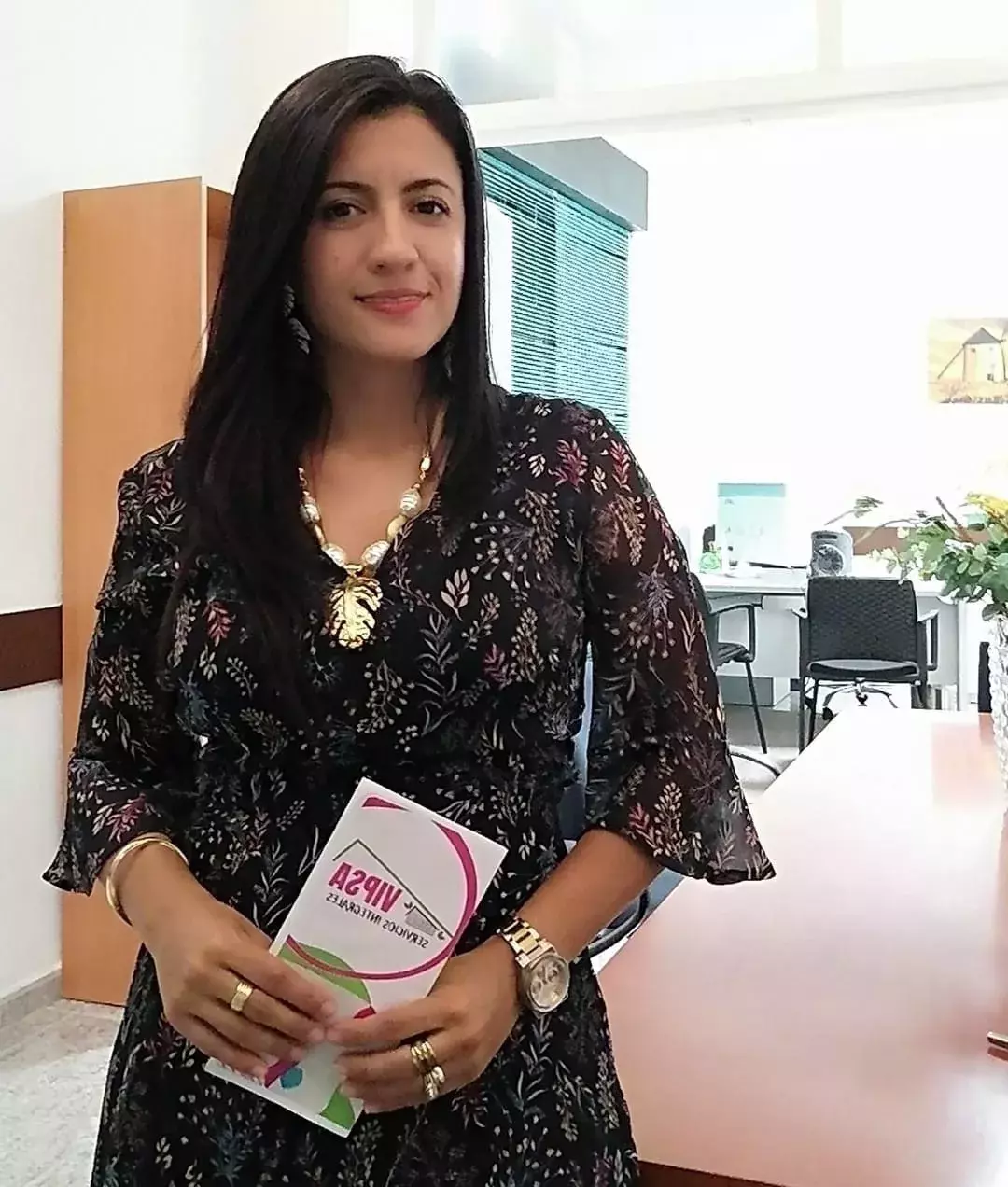
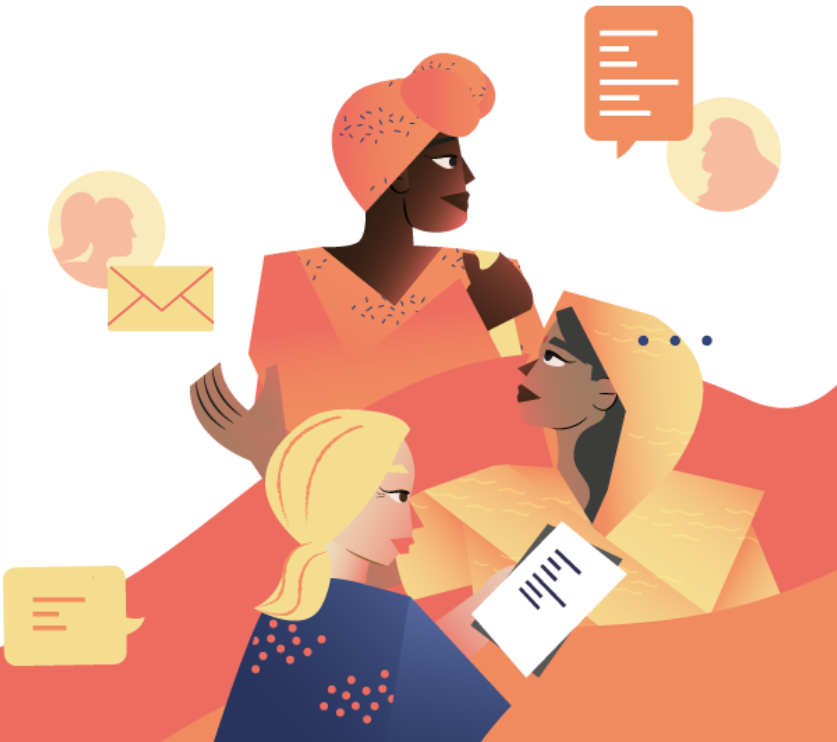
Athena training activities have provided migrant women with the necessary tools to enhance their entrepreneurial development and have enabled them to acquire fundamental knowledge to face the challenges of the business world.
251 migrant women supported by ATHENA
The AMIF Union Action funded ATHENA project, which just came to an end, was a pilot project implemented for two years by a multi-disciplinary consortium and falls under the ‘Employment’ sectoral area of the EU Action plan for integration and inclusion 2021-2027. Within the framework of the ATHENA project, expert mentors in entrepreneurship provided specific guidance in areas such as the creation of new businesses, development of business plans and strengthening of digital skills, among others, to 251 migrant women.
Through seminars and workshops, migrant women have had the opportunity to receive training in both: soft skills (integration, language, image, networking, business culture, among others) and technical skills (business models, generation of business ideas, business management, project financing, relevant certifications, etc.).
These training activities have provided migrant women with the necessary tools to enhance their entrepreneurial development and have enabled them to acquire fundamental knowledge to face the challenges of the business world.
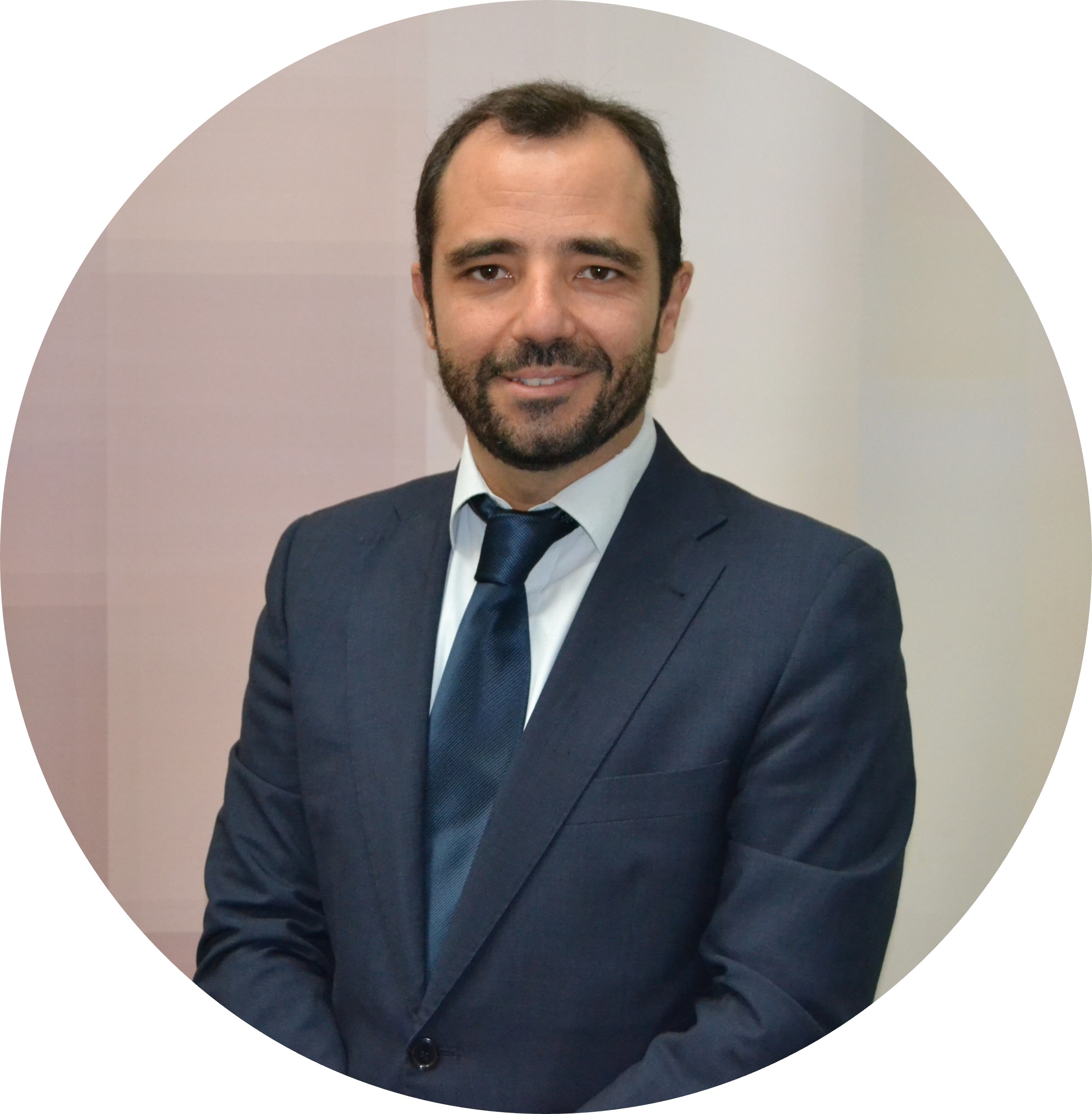
Pablo Morales, ATHENA International Project Coordinator, Chamber of Commerce of Seville
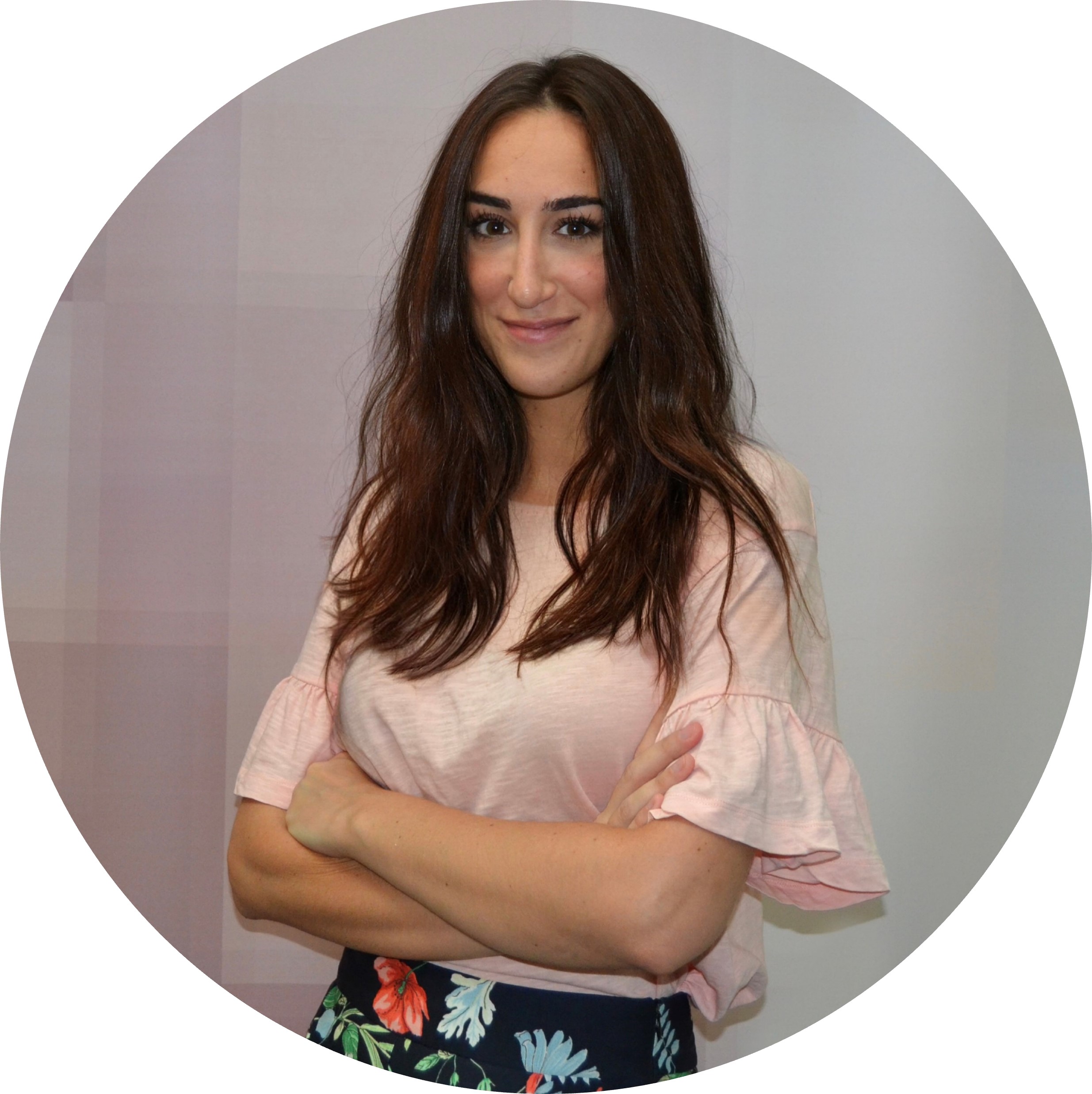
María Carrillo, ATHENA Project Manager, Chamber of Commerce of Seville
“A total of 67 professionals in Spain, initially planned at 21, including both NGO staff working directly with migrant women and entrepreneurship advisors, have been trained.
Prior to these trainings, specific needs assessments were carried out for both professional groups, which allowed for the design of training tailored to each.
As a result, both NGO professionals and counsellors have acquired knowledge on the integration and needs of migrant women, as well as on basic aspects of entrepreneurship and, especially, advice on organisations that provide support and resources for women who wish to become entrepreneurs”, say María Carrillo, ATHENA Project Manager and Pablo Morales, International Project Coordinator at the Chamber of Commerce of Seville.
The partners of the ATHENA project, apart from the Chamber of Commerce of Seville who is the lead partner, are: INCOMA, an International Consulting and Mobility Agency also based in Seville; the Hellenic Foundation for European and Foreign Policy (ELIAMEP); the Chamber of Commerce of Siauliai in Lithuania; Consorzio NOVA per l'innovazione sociale (Italian regions of Campania, Calabria, Umbria and Basilicata) and the Agency of the German Chambers of Commerce; and the Digital Leadership Institute in Belgium.
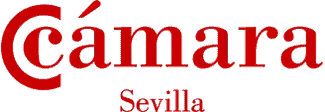
In its Final Report released recently on migrant women needs to be entrepreneurs, ATHENA concluded that, despite the fact that in recent years the number of self-employed with migration background grew three times, the ecosystem put in place to support them is still slow to respond to their specific needs. ATHENA project’s findings confirm that many migrant women in the EU are entrepreneurial and potentially interested in using microloans to finance their entrepreneurial ideas. However, they often struggle to obtain the necessary financing from the traditional banking sector. They are also often unaware of the support potentially available to them, e.g. through microfinance.
Furthermore, the conditions of microloans need to be affordable to migrant women entrepreneurs. In addition, migrant women require also non-financial support via business development services to guide them through the elaboration of their business plan, understanding the legal requirements of their new homeland and acquiring digital skills. This is a potential area where support through EU shared management Funds such as AMIF and/or ESF+ could come in. It is important that both, non-financial support and microloans create synergies and link to each other. Such solutions are currently being explored in detail in the fi-compass AMIF study, planned to be published in autumn 2023.
The protagonists of the Athena project. We introduce you to some of the participants of the Athena project. In this video you will discover their main difficulties when it comes to entrepreneurship, their motivations and how they have managed to make their dreams come true.
